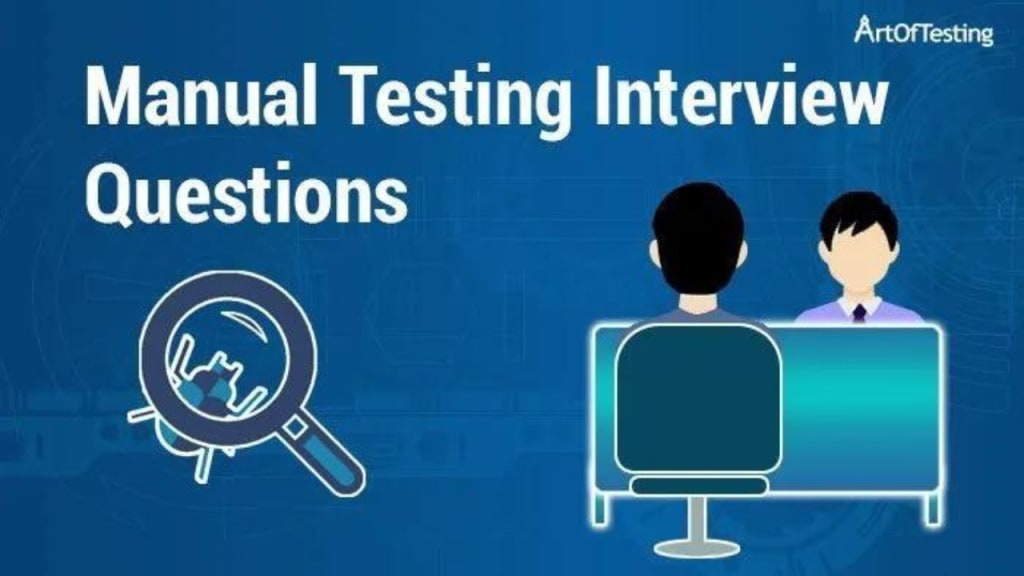How to Start a Career in Software Testing
How to Start a Career in Software Testing

Starting a career in software testing can be rewarding for individuals interested in technology and quality assurance. There are opportunities for growth, including specializing in a particular area, such as automation testing or performance testing, or moving into management positions.
If you are interested in technology and enjoy problem-solving, a career in software testing may be the right fit for you. Certainly! Here is an article on how to start a career in software testing.
Introduction
Software testing is a critical part of software development, ensuring that software applications work as intended and meet user requirements.
Software testing is a process of evaluating and verifying a software application or system to check whether it meets the specified requirements and performs as expected. The main goal of software testing is to identify defects or bugs in the software and ensure that the software is functional, reliable, and meets user expectations.
There are different types of software testing, and the approach used depends on the specific requirements and goals of the project.
Types of Software Testers
There are various types of software testing, each serving a different purpose, and involving different tester types. Here are some of the main tester types in software testing:
Manual Tester: A manual tester is a human tester who manually executes test cases and evaluates the results.
Automation Tester: An automation tester uses software tools to create automated test scripts that can be run repeatedly to test the software.
Performance Tester: A performance tester evaluates how well the software performs under different conditions, such as heavy load, high traffic, or stress.
Security Tester: A security tester evaluates the software's security features and identifies vulnerabilities and weaknesses that could be exploited by attackers.
These are just some of the main types of a software tester. It's important to note that there can be overlap between different types of testing, and testers can have expertise in multiple types of testing. Additionally, the roles and responsibilities of testers can vary depending on the organization and project requirements.
Starting a Career in Software Testing:
Here are some tips to help you start a career in software testing:
Gain a powerful foundation in software testing concepts
To become a successful software tester, you need a solid understanding of software testing concepts, such as testing types, methods, and tools. You can begin by reading books on software testing or taking online courses to build your knowledge. Some popular books on software testing include "Software Testing: A Craftsman's Approach" by Paul C. Jorgensen, "How to Break Software: A Practical Guide to Testing" by James A. Whittaker, "Software Testing Techniques" by Boris Beizer, "The Art of Software Testing" by Glenford J. Myers, and "Testing Computer Software" by Cem Kaner, Jack Falk, and Hung Q. Nguyen.
Obtain a relevant degree
While a degree is not a requirement for becoming a software tester, having a degree in computer science, engineering, or a related field can be advantageous in landing a job in software testing. A degree can demonstrate your understanding of software development and computer programming, which can be useful in testing software applications.
Build practical experience
Practical experience is critical in software testing. You can gain experience by participating in open-source projects, contributing to software development efforts, or testing applications in a volunteer or part-time capacity. This experience can also help you develop your testing skills and build a portfolio to showcase your work.
Learn automation testing tools
Automation testing tools have become an essential part of software testing, and learning them can be beneficial in your career. Popular automation testing tools include Selenium, JMeter, and Appium. Familiarizing yourself with these tools can help you become more efficient in testing software applications and make you a more valuable candidate in the job market.
Seek certification
Consider obtaining a certification such as ISTQB (International Software Testing Qualifications Board) or CSTE (Certified Software Tester). Certification can help validate your skills and experience to potential employers and demonstrate your commitment to the profession. Certification can also provide you with a competitive advantage when applying for software testing jobs.
Network with other software testers
Networking is essential in any profession, including software testing. Attend software testing conferences, join online communities, or participate in forums to connect with other software testers. Networking can help you learn about job opportunities, share knowledge, and gain insights from industry experts.
Apply for entry-level jobs
Look for entry-level software testing jobs such as software tester, quality assurance analyst, or test engineer. These roles can provide you with on-the-job training and help you gain experience in real-world testing scenarios. Entry-level jobs can also help you build your skills, gain exposure to various testing tools and methodologies, and advance your career. Refer to manual testing interview questions for ideas and prepare for entry-level jobs.
Conclusion
In conclusion, starting a career in software testing requires persistence, continuous learning, and a strong desire to learn and grow. The software testing career path can be rewarding and challenging. As technology evolves, so too does the role of software testing. By building your skills and experience, obtaining certifications, and networking with other software testers, you can position yourself for a successful career in software testing.
It is important to continually learn and stay up-to-date with new testing methodologies, tools, and technologies. Additionally, developing strong communication and collaboration skills will help you work effectively with developers, project managers, and other stakeholders.
Overall, a career in software testing can offer both job satisfaction and a good salary. If you enjoy problem-solving and attention to detail and are interested in the world of software development, then a career in software testing may be a great fit for you. Good luck! Hope you all find the post useful. If you liked the post must share it. Thankyou…





Comments
There are no comments for this story
Be the first to respond and start the conversation.